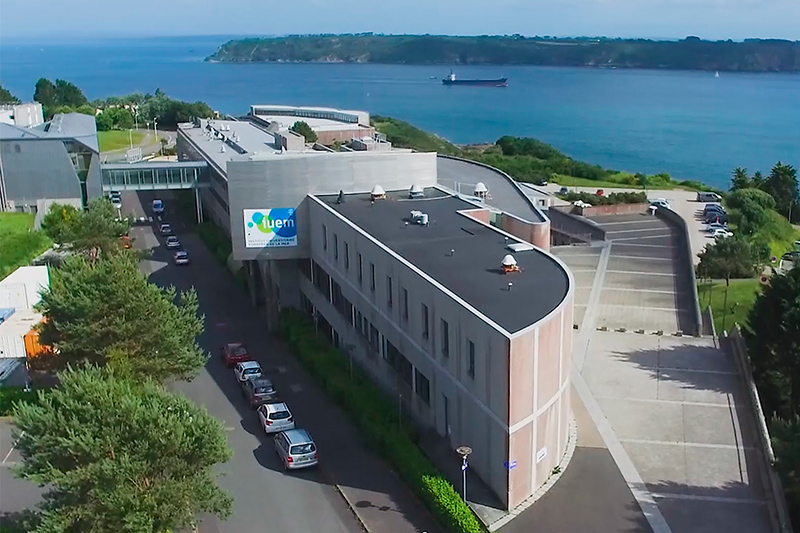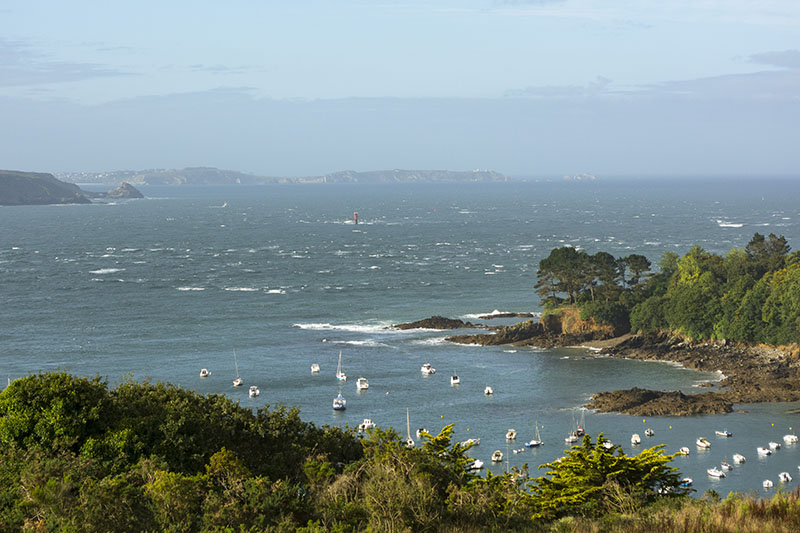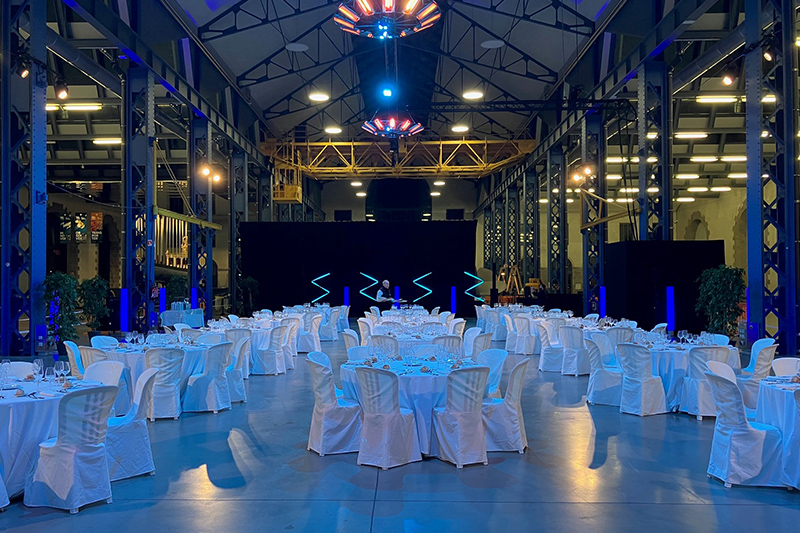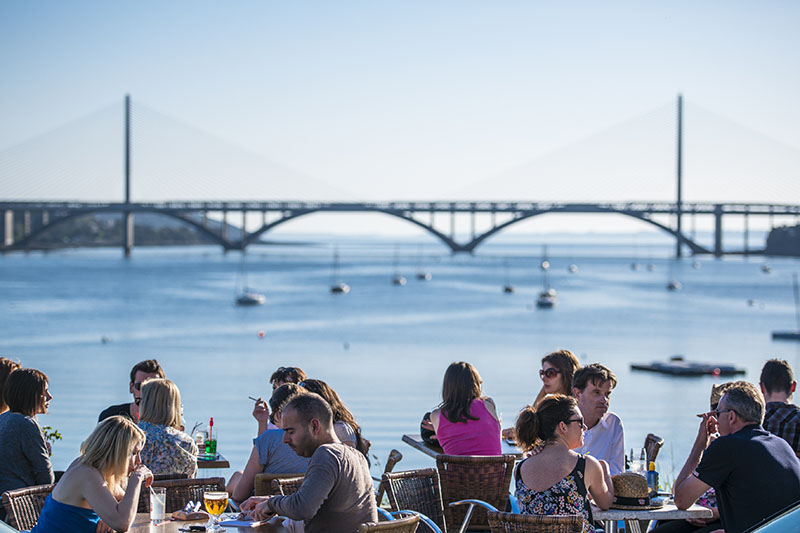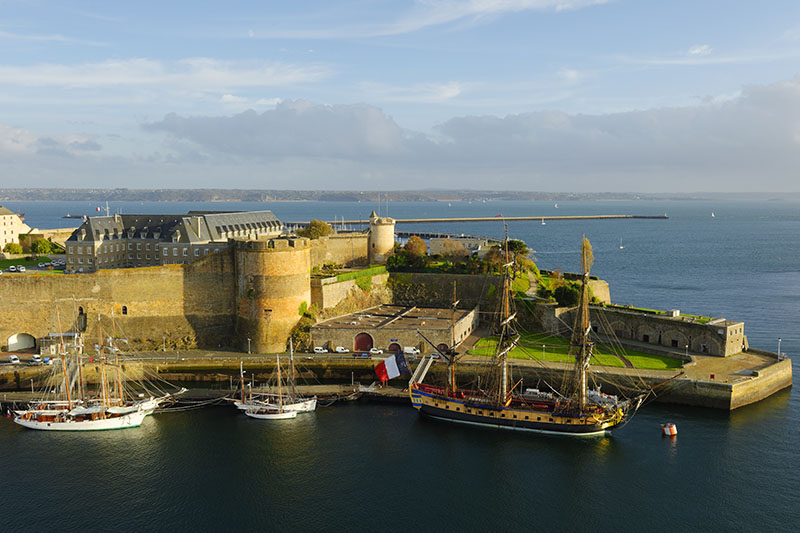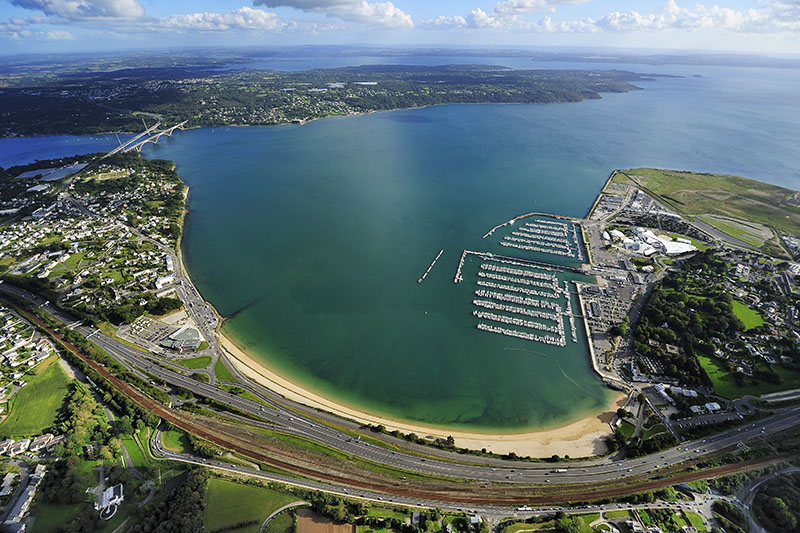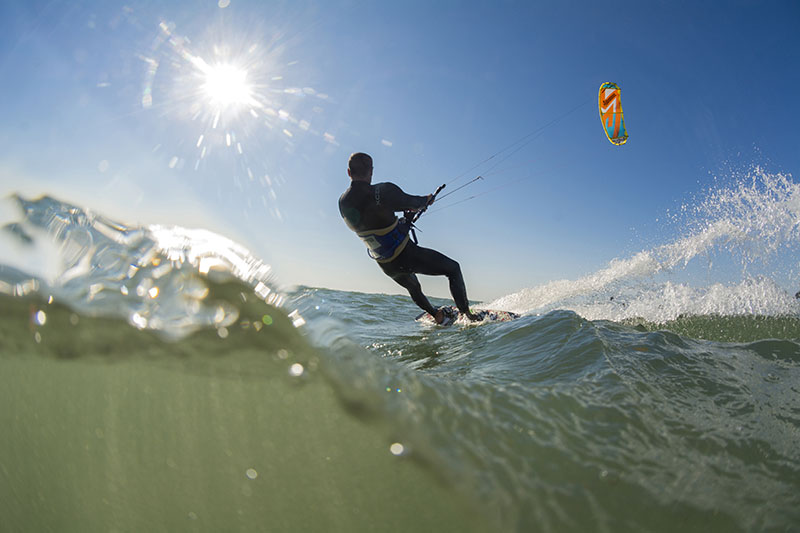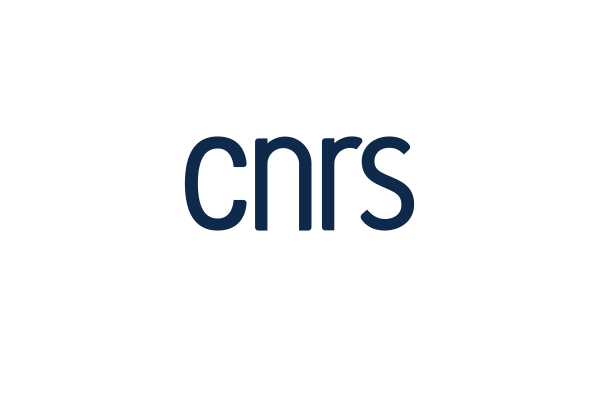Registration and abstract submission opening: 15 January 2025
The IMBC
The International Marine Biotechnology Conference (IMBC) is the leading conference on marine biotechnology, bringing together global leaders in the field since 1989. Its mission is to inform and facilitate exchanges among students, researchers, technologists, policymakers, and industry professionals. The IMBCs attract both local and international participants, offering a communication platform among international scholarly societies working in marine biotechnology. The IMBC is organized under the auspices of the IMBA (International Marine Biotechnology Association) and is associated with the “Marine Biotechnology” journal.
The philosophy of IMBC in the 21st century is based on applying scientific advances in marine science, molecular biology, engineering, and information technology to gain a better understanding of marine ecosystems. The goal is to develop new products, processes, or services while ensuring sustainable management of marine resources. Marine biotechnology, which combines both fundamental and applied research, is essential for innovations in sectors such as health, food, cosmetics, pollution control, and energy production.
2025 Conference
The conferences will cover a wide range of topics, from marine pharmacology to bioenergy. They will bring together internationally renowned experts, fostering high-level scientific exchange.
IMBC promotes the development of international partnerships among laboratories, universities, and companies, thus accelerating research and innovation and the creation of consortia. By promoting discoveries and strengthening global dialogue, IMBC also aims to draft a roadmap for developing innovative and sustainable solutions for the future of marine biotechnology.
Plenary conferences
Monday 7 July, Brest
Unveiling the Hidden Potential of Environmental Microbes
Advancing Marine Biotechnology Through Cutting-Edge Single-Cell Omics
Haruko Takeyama | Waseda University, Japan
More informations
Haruko Takeyama earned her Doctorate in Engineering from the Department of Biotechnology at the Tokyo University of Agriculture and Technology in 1992. From 1991 to 1994, she served as a research fellow at the University of Miami’s Rosenstiel School of Marine and Atmospheric Science. She progressed through academic ranks at the Tokyo University of Agriculture and Technology, serving as an Assistant Professor from 1994 to 1999, an Associate Professor from 1999 to 2005, and Professor from 2005 to 2007 in the Department of Biotechnology. In 2007, she was appointed to the position of Professor at Waseda University in the Faculty of Advanced Science and Engineering, Department of Life Science and Medical Bioscience (http://www.takeyama-lab.sci.waseda.ac.jp/). She has been the Director of the Integrated Institute for Regulatory Science at the Research Organization for Nano & Life Innovation at Waseda University since 2009. In July 2016, she was named Director of the AIST (National Institute of Advanced Industrial Science and Technology) and Waseda University Computational Bio Big-Data Open Innovation Laboratory, while also holding a joint appointment as a Joint Appointed Fellow of AIST. Since 2020, she has served as a project manager for the Moonshot R&D Program in the fields of agriculture, forestry, and fisheries. Since 2023, she has taken on the role of program officer for the Biotechnology Research field in the ASPIRE (Adopting Sustainable Partnerships for Innovative Research Ecosystem) program at the Japan Science and Technology Agency (JST) and has been a member of the Science Council of Japan. She has been the Vice President of the International Marine Biotechnology Association. Her research encompasses Environmental Science, Microbiology, Biotechnology, and Genome Technology, with current interests including the utilization of environmental bio/gene resources, metagenomic analysis, single-cell analysis, and the development of supporting technologies.
Wednesday 9 July, Lorient
Antibiofilm marine compounds
Pr. Ruangelie Edrada-Ebel | Strathclyde Institute of Pharmacy and Biomedical Sciences, University of Strathclyde Scotland
More informations
Director of the Natural Products Metabolomics Group (NPMG). Expertise: Isolation of natural products and elucidation of their structure (spectroscopic techniques). Area of research: Metabolomics for the identification and biotechnological optimisation of the production of bioactive secondary metabolites in micro-organisms of marine origin.
10 sessions
10 sessions are planned, as well as masterclasses.
Wednesday 9 July will be held at:
- the MNHN Marine Station in Concarneau on the theme of biomimicry
- the Université de Bretagne Sud in Lorient on the theme of ‘biofilm and control strategies
- the Sorbonne-Université/CNRS Marine Station in Roscoff on the theme of algae and associated bacterial communities
Marine Drugs, Bioactive Compounds and Nutraceuticals
Dr. Gaétan BURGAUD | LUBEM, INRAE, Université Bretagne Occidentale, France
Prof. Antje LABES | Flensburg University of Applied Sciences, Germany
More informations
Marine Drugs, Bioactive Compounds, and Nutraceuticals session will explore the large potential of marine-derived substances for health and wellness. This session aims to delve deeper into the discovery and characterization of bioactive compounds sourced from marine organisms, such as macroalgae, sponges, and microorganisms from all 3 domains of life, for therapeutic and pharmaceutical applications. This session will also explore innovative nutraceuticals that leverage marine biodiversity to prevent and treat diseases while promoting well-being. Additionally, challenges and solutions to overcome bottlenecks related to sustainable production and product development will be addressed.
Marine Algal Omics and Biotechnology
Dr. Matthieu GARNIER | Unité de recherche du département Océanographie et Dynamique des Ecosystèmes, IFREMER, France
Prof. Izabela MICHALAK | Wroclaw University of Science and Technology, Faculty of Chemistry, Department of Advanced Material Technologies, Poland
More informations
Marine Algal Omics and Biotechnology focuses on the study of marine algae through omics technologies, such as genomics, proteomics, and metabolomics. This theme explores the genetic and biochemical properties of algae to unlock their potential for applications in biotechnology, medicine, and agriculture for example. It emphasizes the development of sustainable bioprocesses and products derived from marine algae. The goal is to harness algal diversity for innovative solutions in various industries.
Climate Change, Environmental Stressors and Marine Biotechnology
Prof. Anne-Marie TRÉGUIER | LOPS, CNRS, Université Bretagne Occidentale
Prof. Chris BOWLER | Institut de Biologie de l’École Normale Supérieure, Paris, France
More informations
Climate Change, Environmental Stressors, and Marine Biotechnology examine the impacts of global environmental changes on marine ecosystems and explore biotechnological solutions. This theme focuses on understanding how climate-induced stressors, such as ocean acidification and warming, affect marine biodiversity and resources. It highlights the development of innovative biotechnologies to mitigate these impacts and promote ecosystem resilience. The aim is to leverage science for sustainable marine resource management in a changing world.
Innovative approach to sustainable aquaculture
Dr. Gercende COURTOIS DE VICOSE | Universidad de Las Palmas de Gran Canaria, Spain
Dr. Bastien SADOUL | Pôle Halieutique, Mer et Littoral, UMR DECOD, Institut Agro Rennes Angers, France
More informations
Innovative Approaches to Sustainable Aquaculture and Fisheries focus on advancing practices that balance productivity with environmental and social responsibility. This theme explores cutting-edge technologies, ecosystem-based management, and resource-efficient methods to enhance aquaculture and fisheries sustainability. It emphasizes reducing environmental footprints, improving resource utilization, and promoting biodiversity conservation. The aim is to ensure long-term food security while protecting marine ecosystems.
Biomaterials and mineralization
Prof. Antoine LE DUIGOU | IRDL Institut Dupuy de Lôme, Université Bretagne Sud UBS, France
Prof. Susana FERNANDES | Institut des Sciences Analytiques et de Physico-Chimie pour l’Environnement et les Matériaux- Université de Pau & Pays Adour, France
More informations
Biomaterials and Mineralization explore the natural processes of biomineralization and their applications in developing advanced materials. This theme focuses on the structure, formation, and properties of minerals produced by organisms, such as shells and coral skeletons. It emphasizes innovative materials bioinspired by these processes for use in medicine, construction, and technology. The goal is to harness nature’s ingenuity for sustainable and functional material solutions.
Novel foods from the ocean
Dr. Hélène MARFAING | CEVA Centre Etudes et de Valorisation des Algues, France
Prof. Concetta MESSINA | Department of Earth and Marine Sciences DiSTeM, University of Palermo, Trapani, Italia
More informations
Novel Foods from the Ocean focuses on exploring new, sustainable food sources derived from marine ecosystems. This theme examines the potential of underutilized marine species, such as seaweed, algae, micro-organisms for nutrition and culinary innovation. It emphasizes the development of functional, eco-friendly foods that can address global food security challenges. The aim is to unlock the ocean’s diverse resources for healthy, sustainable food options.
Blue carbon, Marine Bioenergy, and biofuels
Prof. Lieve LAURENS | National Renewable Energy Laboratory, Denver, USA
Prof. Céline LAROCHE | Institut Pascal, Université Clermont Auvergne, France
More informations
Blue Carbon, Marine Bioenergy, and Biofuels explore the potential of ocean-based solutions to mitigate climate change and contribute to the nascent sustainable bioeconomy, while promoting and integrating with renewable energy. This theme focuses on the carbon sequestration capabilities of marine ecosystems like kelp forest, mangroves, seagrasses, and salt marshes. It also examines the development of marine biofuels and bioenergy from algae and other marine organisms, through sustainable harvests and farming, and implementing innovative processes. The goal of this session is to present concepts that harness the ocean’s resources for sustainable energy production while simultaneously enabling climate resilience and for coastal communities.
Marine microbiology, marine symbiosis and marine ecology
Dr. Narsinh THAKUR | CSIR-NIO National Institute of Oceanography, Goa, India
Dr. Charlotte CORPOREAU | Laboratoire CNRS des sciences de l’environnement marin LEMAR, Ifremer, France
More informations
Marine Microbiology, Marine Symbiosis, and Marine Ecology focus on understanding the complex interactions between microorganisms and their hosts in a changing marine environment. This theme explores the role of microbes in marine nutrient cycles, in health and disease of the hosts, and environmental sustainability. It also examines symbiotic relationships, where organisms live in mutualistic partnerships, and their ecological significance. The aim is to deepen our knowledge of marine ecosystems and promote their health and resilience.
Disease and Immunology in Aquaculture
Prof. Claire GACHON | Museum National d’Histoire Naturelle MNHN, France
Prof. Isabelle ARZUL | IFREMER, France
More informations
“Disease and Immunology in Aquaculture” focuses on understanding and managing health challenges in aquatic species to ensure sustainable farming. This theme explores the mechanisms of disease development, immune responses, and pathogen interactions in cultivated algae, fish and shellfish. It emphasizes innovative strategies for disease prevention, diagnostics, and immune enhancement. The goal is to support aquaculture’s growth by improving animal health and minimizing environmental impacts.
Blue Innovation, Science to Policy
Dr. Emma QUILLEROU | AMURE, IUEM, France
Dr. Pierre FAILLER | Centre for Blue Governance, Portsmouth, UK
More informations
Blue Innovation, Science to Policy focuses on translating scientific research into actionable policies for sustainable ocean management. This theme explores innovative solutions in marine science, technology, and conservation that can inform policy decisions. It emphasizes the collaboration between researchers, policymakers, and industry to address ocean challenges. The goal is to foster evidence-based strategies that support both environmental protection and economic growth in marine sectors.
3 masterclasses
Ingredients and cosmetics
Dr. Laurence MESLET-CLADIERE | LUBEM, UBO
More informations
The Earth is covered by 70% seas and oceans. This marine environment is a source of considerable economic wealth. This wealth could be significantly higher if we had a deeper understanding of this largely unexplored environment. A 2015 WWF study on the Ocean economy, “Reviving the Ocean Economy” indicated that if the seas and oceans were a country, it would rank as the 7th largest economic power in the world (Marine Cosmetics, 2024). Oceans and seas also serve as a source of inspiration for cosmetic products. Today, consumers are increasingly looking for healthy and innovative everyday products driving the search for new ingredients from the marine environment. Brittany is the leader in marine cosmetics in France with over 250 companies involved in the cosmetics industry, ranging from the search for new ingredients to the manufacture of cosmetic products and thalassotherapy centers utilizing marine products. Additionally, Brittany plays a key role in providing a marine ingredient to the international market.
This Master Class on marine cosmetics is an opportunity to bring together manufacturers from Brittany’s marine cosmetics sector and participants of the IMBC 2025 congress. Discussions will focus on topics such as the search for innovative new ingredients or new tests of cosmetic products in connection with marine biotechnology.
Challenges of a multidisciplinary approach to innovation
exploring Arctic microalgae together
Dr. Johann LAVAUD | LEMAR, CNRS, IUEM
Dr. Betty QUEFFELEC | AMURE, UBO, IUEM
More informations
Innovation means working at the frontiers of current knowledge and science, meaning a lot of unknowns. It relies on successfully mobilising the natural sciences to gain better knowledge of the natural environment, medical sciences to test out potential medical applications, and economics to assess factors that could foster or hinder innovation capacity. A good understanding of the legal framework allows to integrate conservation, innovation and benefit sharing involving stakeholders and rightholders. The purpose of this workshop is to address the challenges of such a good dialogue between academic disciplines through an illustration: Arctic microalgae in the framework of the ArDco project.
Marine co-products
creating together value chains for a sustainable blue economy
Jean-Pascal BERGÉ | Upcyclink, France
Franck HENNEQUART | Algaia, France
More informations
The valorization of marine co-products, whether of animal or plant origin, represents tremendous potential for innovation and transformation in the maritime industry. By combining our complementary expertise in algae processing and marine resource valorization, we will explore how to collectively build new sustainable value chains. This workshop will highlight the multiple valorization possibilities – from functional ingredients to innovative biomaterials – while examining the conditions for successful collaboration between industry stakeholders. The focus will be on potential synergies and development opportunities to transform these resources into economically viable and environmentally responsible solutions.
Conference directors
Prof. Claire Hellio and Prof. Nathalie Bourgougnon
International Scientific Committee
Prof. Song Qin (president of IMBA)
Prof. Haruko Takeyama (vice-president of IMBA)
Prof. Tiago H. Silva (president of ESMB)
Prof. Concetta Messina (former president of ESMB)
local organising committee
UBO- LEMAR et LUBEM : Claire Hellio and Laurence Meslet
UBS – LBCM : Nathalie Bourgougnon & Alexis Bazire
Sorbonne Université : Simon Dittami & Catherine Leblanc
MHNH : Nadia Améziane
UBO sub-committee : Stéphanie Madec & Zoe Morreeuw
Sorbonne Université sub-committee: Simon Dittami, Catherine Leblanc, Philippe Potin, Lionel Cladiere & Anne Claire Baudoux
MNHN sub-committee : Guillaume Massé
UBS sub-committee : Isabelle Linossier
Welcome to Brittany
The conference is being held in Brest, on the premises of the Université de Bretagne Occidentale (UBO), the home site of the European Society for Marine Biotechnology since 2014. Sessions will also be held at the Roscoff marine station, the MNHN marine station in Concarneau and the Université de Bretagne Sud, enabling speakers to visit strategic sites.
With a vast and rich coastline, strong academic and industrial skills (70 companies) throughout the region, Brittany has established itself as a leading player in marine bioresources for the benefit of many industries:
- Cosmetics
- Food processing
- Use of fishing by-products, filleting waste and shellfish collection residues
- Packaging
- Paints
Brest is a metropolis of 400,000 inhabitants, a tourist area as well as a living centre. There are many hotels in Brest, ranging from 1 to 4 stars, with prices from €50 to €150 per night. Rooms for students are also available in the centre of Brest, 10 minutes by tram from Brest Arena. The city and its outskirts have many attractive facilities and points of interest, such as Océanopolis, the Ateliers des Capucins linked to the city centre by France’s first urban cable car, and the Conservatoire botanique National de Brest. The city was recently classified as a ‘City of Art and History’. Innovative and open to the world, Brest stands out from other French cities for its links with the marine environment and its cutting-edge marine science and technology sector. In fact, it was from the port of Brest that great explorers set off to discover new worlds: La Pérouse, Kerguelen, Bougainville… Brest has a TGV station in the city centre and an international airport close to the city centre, with a shuttle and tramway service. Brest Bretagne international airport offers a number of international flights and a wide choice of flights via Paris (Orly or Charles de Gaulle).

